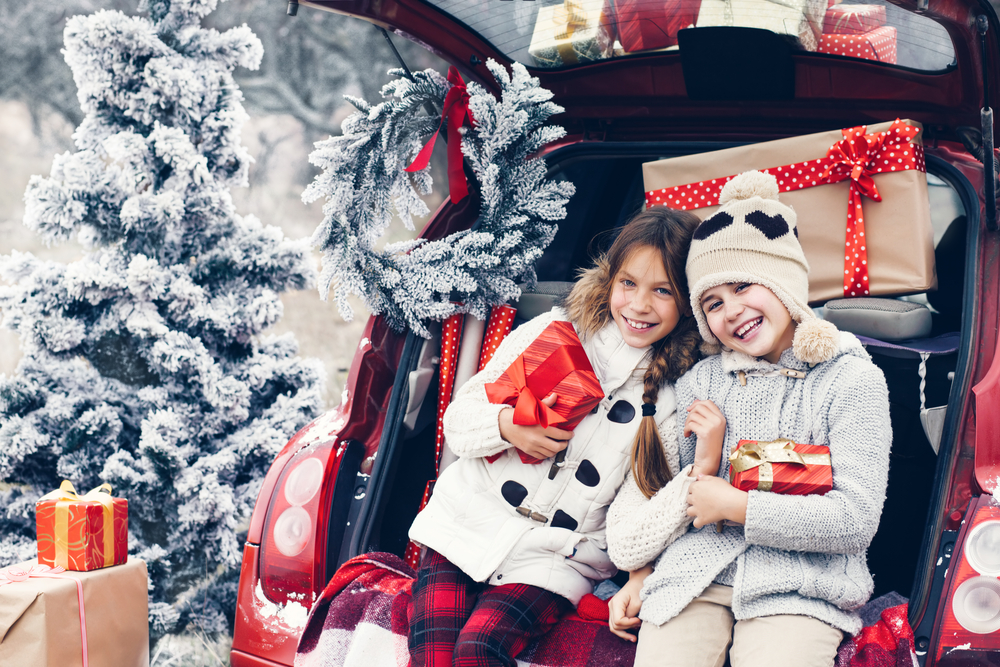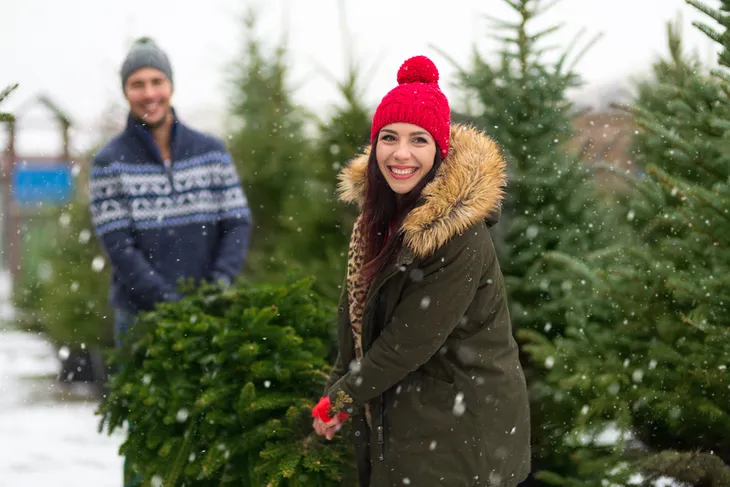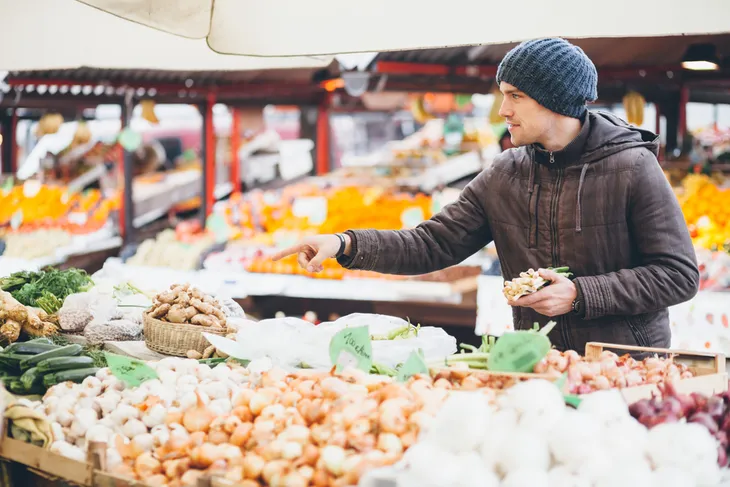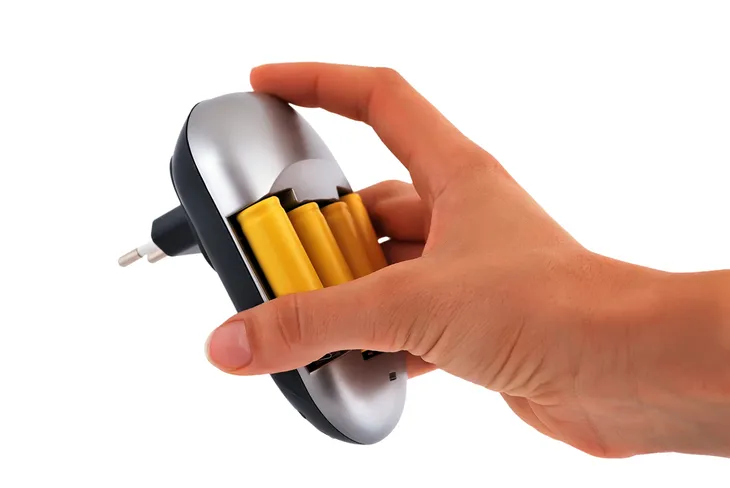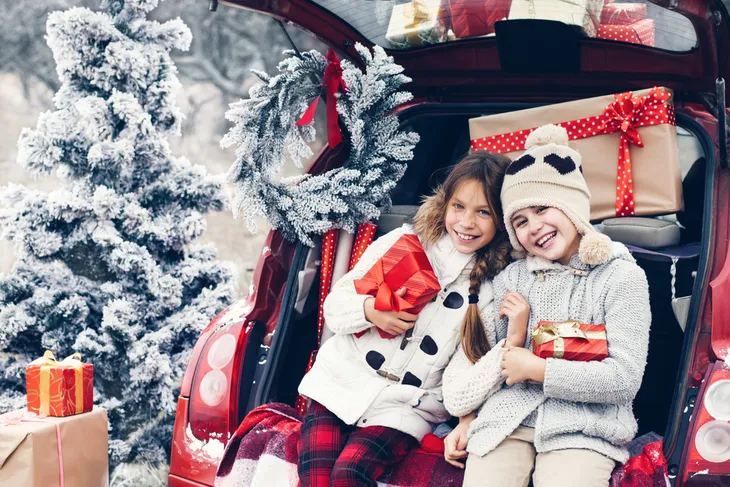Many of us are dreaming of a white Christmas, but that doesn’t mean you shouldn’t be keeping green in mind too. While the festive season is often a time when we indulge, we should still keep in mind our footprint on the environment.
From Christmas trees, to gift wrapping, to cooking, there are many ways we can be more giving to our earth by making greener choices this season. Here are some easy ways to have a green Christmas, whether the snow falls or not…
1. Cut Artificial Trees From Your Home
According to the David Suzuki Foundation, both natural and man-made trees have their positives and negatives when it comes to environmental friendliness. However, while it may seem like a no-brainer to spare real trees as they contribute to producing the oxygen we breathe, a study cited by the foundation reads differently.
According to the study by Ellipsos, using artificial trees impacts the environment (due to resource depletion) three times more than using real trees! This is based on a life of 6-years for your artificial tree. If you’re buying a real tree, make sure you buy local, and consider getting a tree from areas that must be kept clear of trees due to regulations (a permit may be needed).
2. Cut Back on Holiday Gift Paper
According to health and wellness source Alive, Canadians use 6-million rolls of paper to wrap gifts. If you multiply that by 10-times for the larger U.S. population, and you have roughly 60-million rolls of paper being used, much of it from non-recycled sources.
Alive notes that by using reusable cloth bags and recycled paper (think of the possibilities with newsprint or comic books), Canada alone could save enough paper to cover 4,500 hockey rinks (that’s around 1,500 football fields). Gift bags that can be reused year after year are also a good idea.
3. Use LED Lights
If you’re still using that string of lights from 1974 for your house, National Geographic suggests you reconsider. The newer LED lights draw much less power, while still making your house a sight to behold for the neighbors.
According to National Geographic, the newer LED lights are up to 90 percent more energy efficient than your old clunky strings of colorful bulbs. The source points out that if every American switched to LED, two billion kilowatt-hours (or more) of energy could be saved over a month. That’s apparently enough to power 200,000 homes for a year.
4. Be a Frugal Foodie
That doesn’t mean you should only put out a few crackers for your holiday guests, it just means considering where you food is coming from, and how much of it you really need. The Guardian newspaper in the UK notes that the food that makes up the average British Christmas dinner has traveled 49,000 miles to get there…not that carbon friendly.
The solution is to look for more local sources of food, which will also support local businesses, said the article. Places to look local could include farmers’ markets. Or you could even grow your own veggies if possible! Also look for products that are packaged in biodegradable or recycled packaging.
5. Get a Charge Out of Better Batteries
Many of the toys under the tree require many batteries, and that means using and discarding thousands of power cells that are filled with toxic chemicals and may end up in a landfill.
The Guardian also suggests that instead of buying huge packs of standard alkaline batteries, consider buying some rechargeable batteries (some of the newer types can even recharge in a USB port!) You can even use rechargeable batteries to power some of those LED light strings, rather than plugging them in.
6. Transform Your Transportation
The holidays also often mean a lot of traveling around to see Aunt Gertrude and the nephews once a year. While not everyone loves hanging out with extended family over the festive season, you can at least reduce the amount of impact you have on the earth in doing so.
Some experts recommend that if you have a lengthy trip, consider packing up the kids in the car rather than flying in a plane, which uses a heck of a lot more fuel. It can give you a chance to bond with your family over the holidays and see some new things you wouldn’t have from the air. Before you leave home, unplug all non-essential appliances and electronics to save power, suggests the Green Energy Blog.
